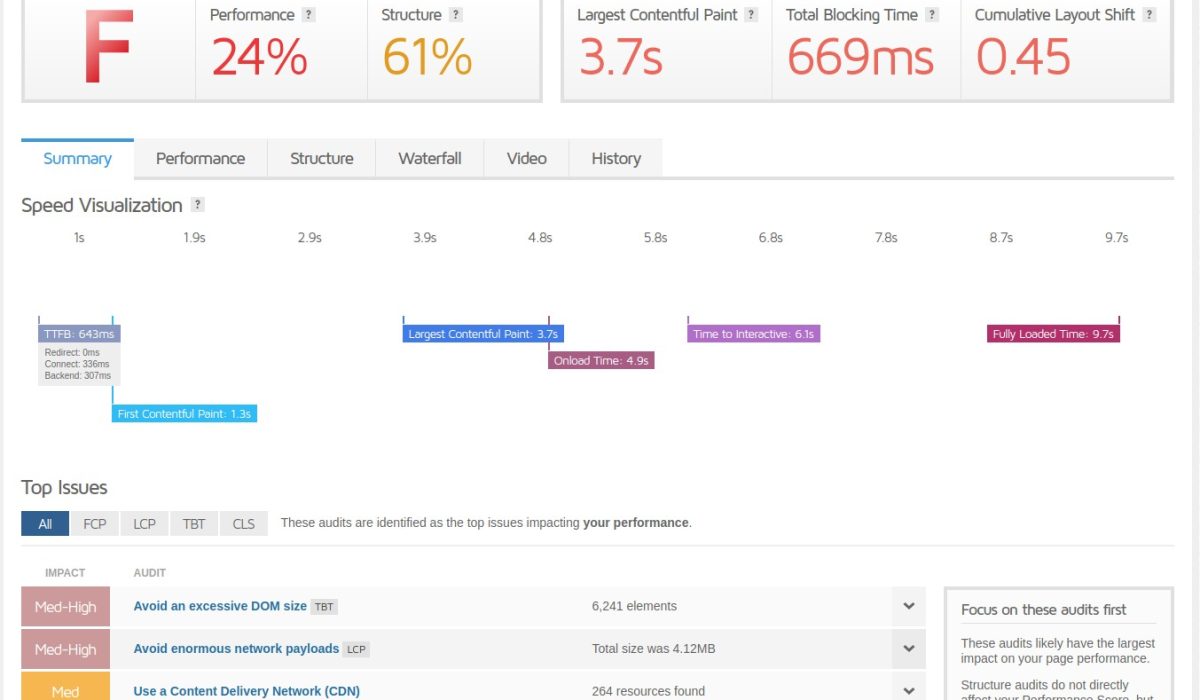Introduction
Magento is a powerful e-commerce platform, but its extensive features can sometimes impact performance. Speed is crucial for user experience and SEO rankings. Here are the best practices to optimize your Magento website.
1. Enable Full-Page Caching
Magento 2 offers built-in full-page caching, which significantly reduces load times by serving pre-loaded pages instead of dynamically generating them.
2. Optimize Images & Media
Large image files can slow down your website. Use tools like TinyPNG or built-in Magento image optimization to compress images without sacrificing quality.
3. Implement a Content Delivery Network (CDN)
A CDN helps distribute content across multiple servers, reducing latency and improving page load speeds for users in different locations.
4. Minimize JavaScript & CSS Files
By reducing unnecessary JavaScript and CSS files, you can decrease page load times. Magento allows you to merge and minify these files through its admin panel.
5. Upgrade Hosting & Use SSD Servers
Choosing a high-performance hosting provider with SSD storage ensures faster database retrieval times, enhancing website performance.
Conclusion
By implementing these optimizations, Magento store owners can provide a seamless shopping experience while improving conversion rates and SEO rankings.








